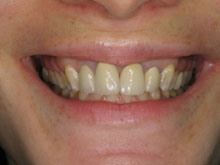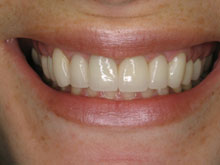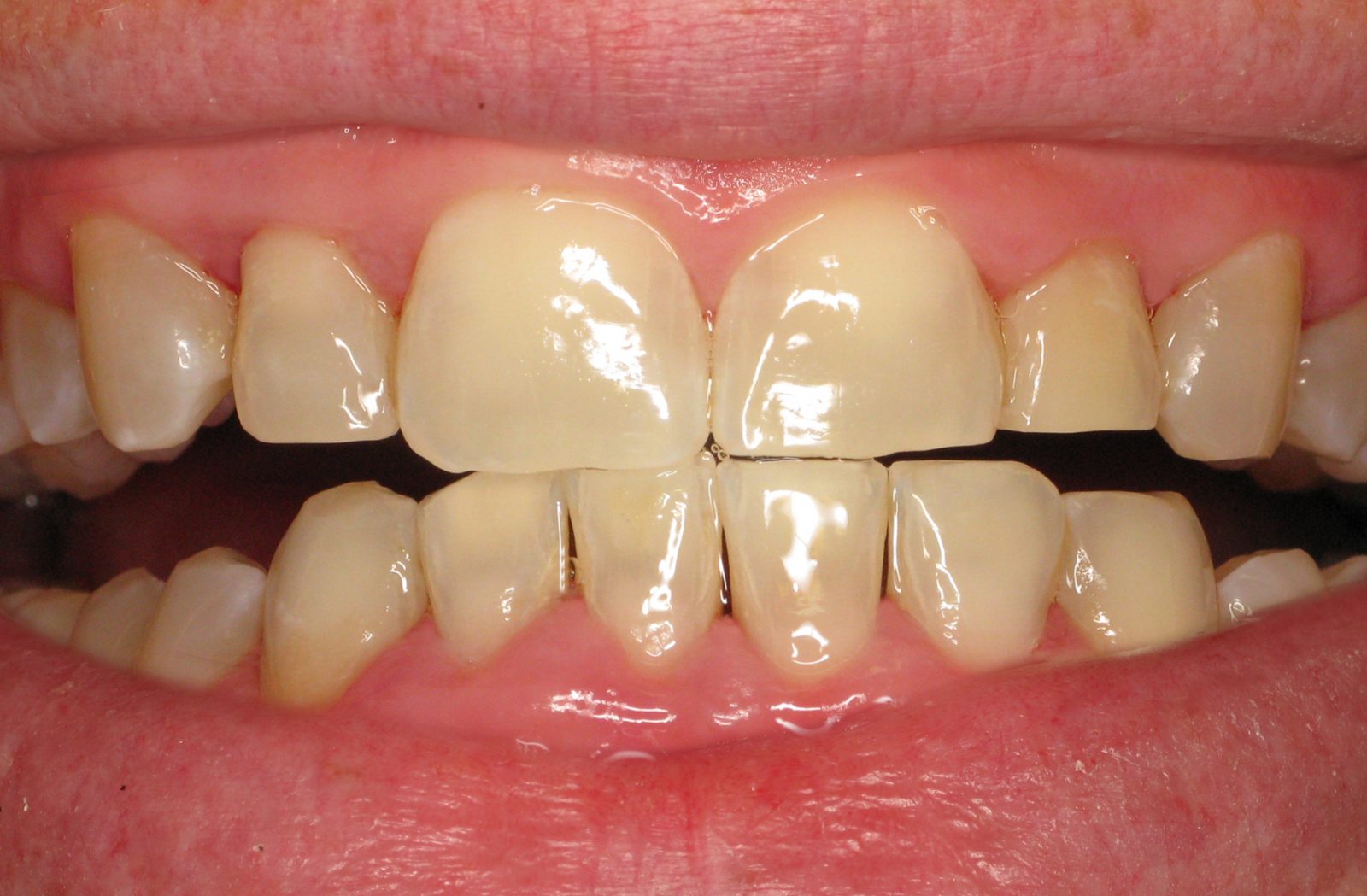What risks are associated with untreated tooth sensitivity linked to gum disease?

Untreated tooth sensitivity linked to gum disease poses several risks that can impact oral health and overall well-being. Gum disease, characterized by inflammation and infection of the gums, often results in gum recession, exposing the sensitive tooth roots. When sensitivity is left unaddressed, it can lead to chronic discomfort and pain, affecting daily activities such as eating, drinking, and oral care practices. The exposed roots are more susceptible to decay, and the compromised gum health may progress to advanced stages of periodontal disease, contributing to tooth mobility and potential tooth loss.
Individuals experiencing untreated sensitivity may alter their diet, avoiding certain foods and beverages that trigger discomfort, potentially leading to nutritional deficiencies. Furthermore, avoiding regular dental check-ups due to sensitivity concerns can result in neglecting essential preventive measures, increasing the risk of further complications. Seeking timely intervention, including professional dental cleanings, treatments for gum disease, and desensitizing therapies, is crucial to mitigate these risks and maintain optimal oral health.
Can prolonged tooth sensitivity lead to more severe dental issues?

If left unaddressed, prolonged tooth sensitivity can lead to more severe dental issues, escalating the risks of underlying problems. Persistent sensitivity often indicates an underlying dental concern, such as gum disease, cavities, enamel erosion, or exposed tooth roots. These issues can progress without timely intervention, potentially resulting in more severe conditions.
Gum disease, for instance, may advance to periodontitis, leading to irreversible damage to the supporting structures of the teeth and an increased risk of tooth loss. Cavities left untreated can deepen, affecting the tooth’s pulp and requiring more extensive treatments like root canal therapy. Exposed tooth roots remain susceptible to decay and further sensitivity if not covered through procedures like gum grafting. Moreover, individuals experiencing prolonged sensitivity may alter their oral care habits, avoiding proper brushing and flossing, which can contribute to plaque and tartar buildup, exacerbating existing dental problems.
Seeking prompt dental care for persistent sensitivity is crucial to identifying and addressing the root causes, preventing the progression of more severe dental issues, and preserving overall oral health. Regular dental check-ups are vital in early detection and intervention to mitigate the risks of prolonged tooth sensitivity.
Are there complications, such as increased vulnerability to decay or damage?

There are complications associated with prolonged tooth sensitivity, leading to an increased vulnerability to decay and damage. Persistent sensitivity often points to underlying dental issues such as gum recession, enamel erosion, or cavities. When the sensitive areas, such as exposed tooth roots, are left untreated, they become more susceptible to bacterial invasion and decay. The compromised integrity of the teeth due to these issues makes them prone to structural damage.
Individuals with prolonged sensitivity may alter their dietary habits, avoiding certain foods and beverages that trigger discomfort. This dietary modification can impact nutrition and oral health. Additionally, the discomfort may lead to changes in oral care habits, with individuals avoiding proper brushing and flossing, further increasing the risk of decay and damage.
Seeking timely intervention, including professional dental cleanings, treatments for underlying issues, and adopting desensitizing therapies, is crucial to mitigate these complications, preserving teeth integrity, and promoting optimal oral health. Regular dental check-ups are essential for monitoring and addressing potential complications associated with prolonged tooth sensitivity.






